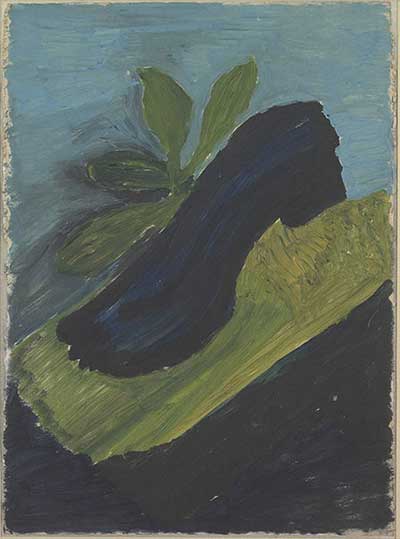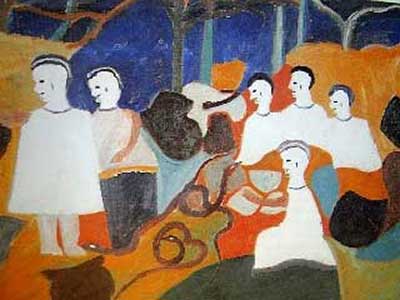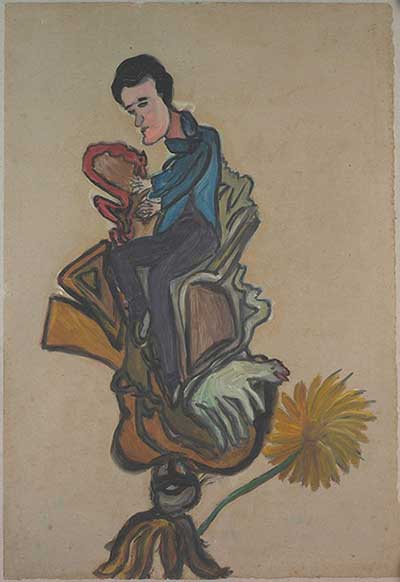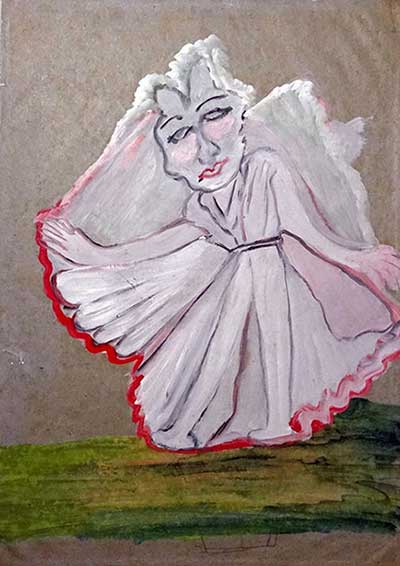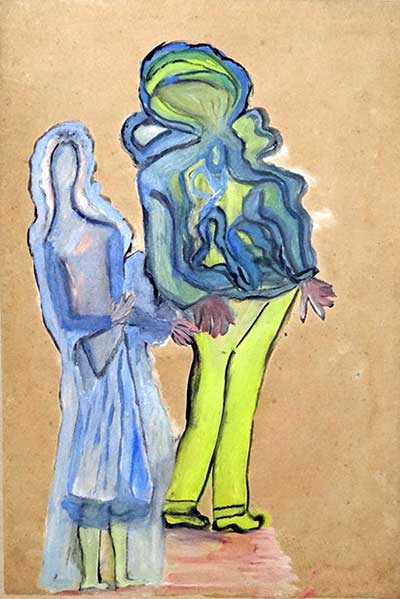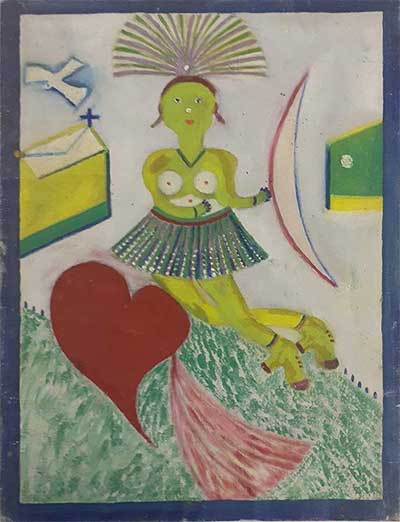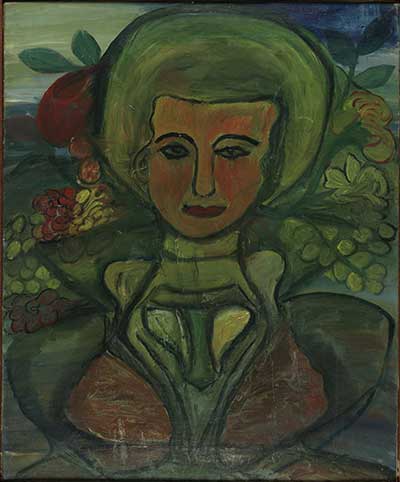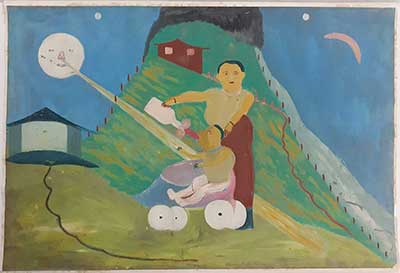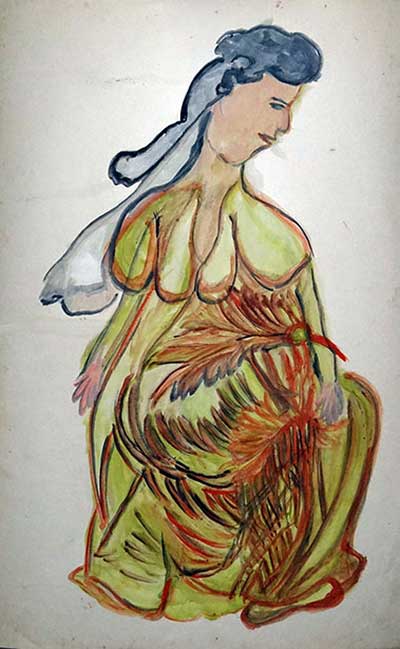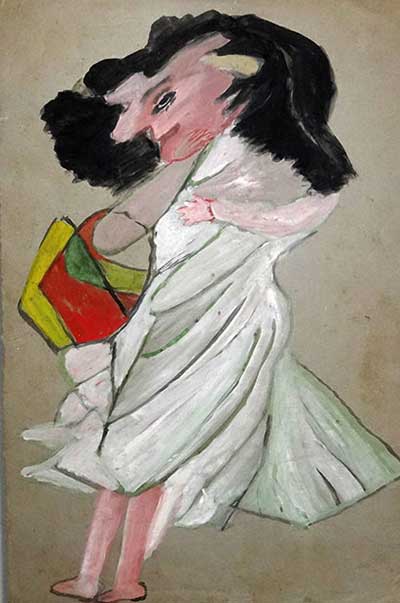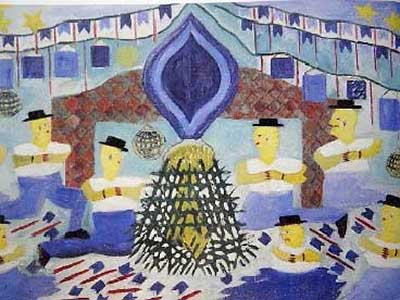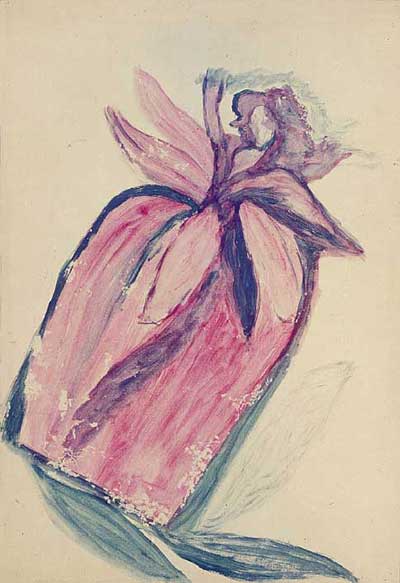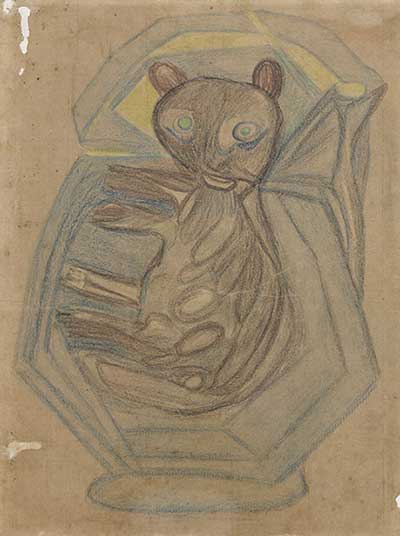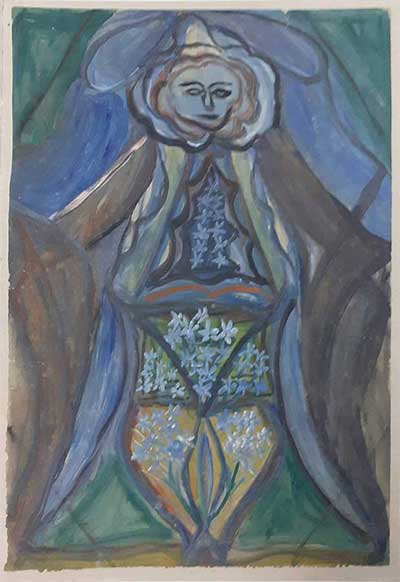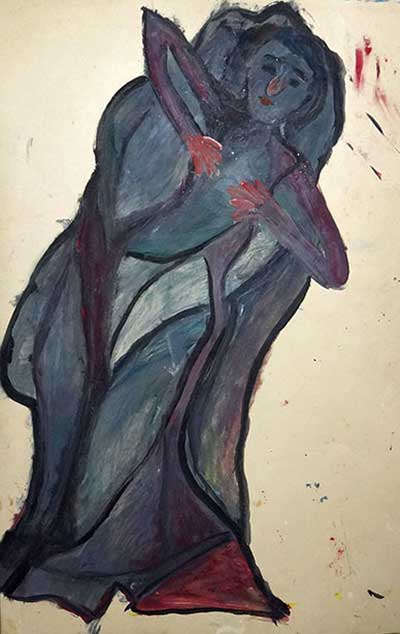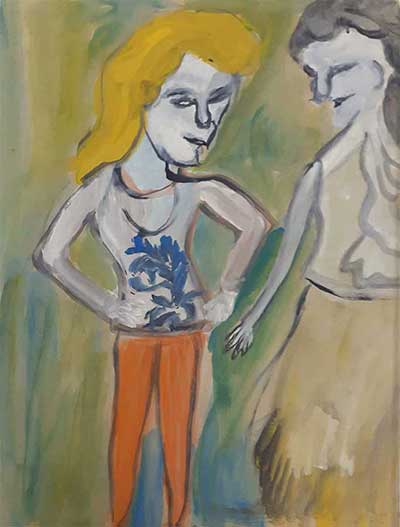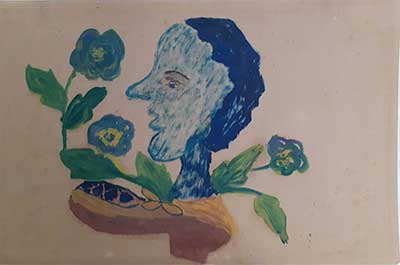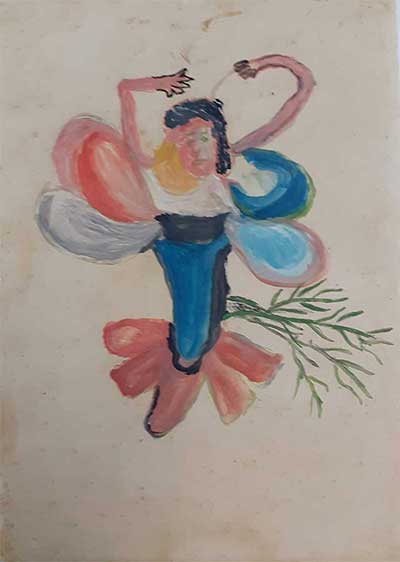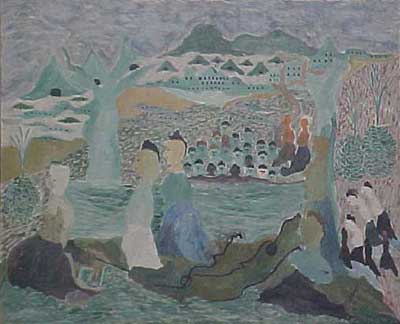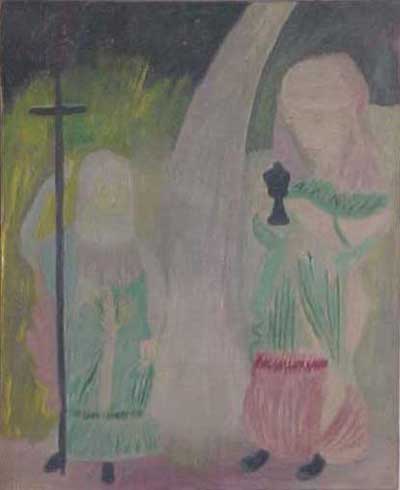The curatorial framework of the 11th Berlin Biennale (postponed to 5 Sep - 1 Nov 2020 due to the COVID-19 pandemic) aims to examine the multiple meanings derived from the notion of ‘experience’, as elaborated by the anthropophagic modernist artist and architect Flávio de Carvalho (1899-1973).
During the curatorial research, some themes reemerged which had guided the activities of the Clube dos Artistas Modernos [Modern Artists Club, CAM], an experimental space that existed for a short period (1932-33) in São Paulo and which hosted an exhibition of drawings by German artist Käthe Kollwitz and the ‘Month of children and mad people’. CAM was brutally shut down by the police because of their “attack against morals” after the premiere of the play O Bailado do Deus Morto [The Dancing of the Dead God], for which Flávio de Carvalho had created the costumes, lighting, and scenography. Together with psychiatrist Dr. Osório César, the artist had developed a pioneering dialogue in Brazil, on the aesthetic perception of the patients’ visual production and its insertion in art museums.
This edition of the Berlin Biennale presents works from the Osório César Museum in Franco da Rocha, and from the Museu de Imagens do Inconsciente in Rio de Janeiro, calling attention, in these dystopian times, to the question of mental and public health during the pandemic, and to the state of vulnerability experienced globally. It's important to highlight the unprecedented character of a contemporary art event that also unites, at the Martin Gropius Bau, works from the Museo de la Solidaridad Salvador Allende [Salvador Allende Museum of Solidarity, MSSA] in Chile. Feelings that were common among the patients, of ‘alienation’, of ‘strangeness’, being out of touch with reality, are also found in the experience of political exile, faced by Chileans who left their country after the military coup in 1973. Even though their trajectories are incomparable, these three institutions taken together represent ‘small’ victories resulting from individual efforts, mostly unacknowledged, that stand out for resisting the repressive apparatus, whether of a political nature or based upon scientific premises (lobotomy).
Knowing that Flávio de Carvalho's ‘experiences’ were contemporary with the first publications on psychology and anthropology, which were fledgling fields at the time, this starting point served as an alibi to encompass conflicts, most notably nationalisms and mass fanaticisms, that span the centuries up to the current day, and, once again in history, question the validity of the concept of reason.
The anti-asylum struggle of Dr. Nise da Silveira, which was apparent in the practice of affection and human warmth prevalent in the studios for expressive activities, softened the psychic pain of people who endured mental disorders and reveals to us the extraordinary power of creation, as can be observed in the works of Adelina Gomes and Carlos Pertuis that are part of the 11th Berlin Biennale.

